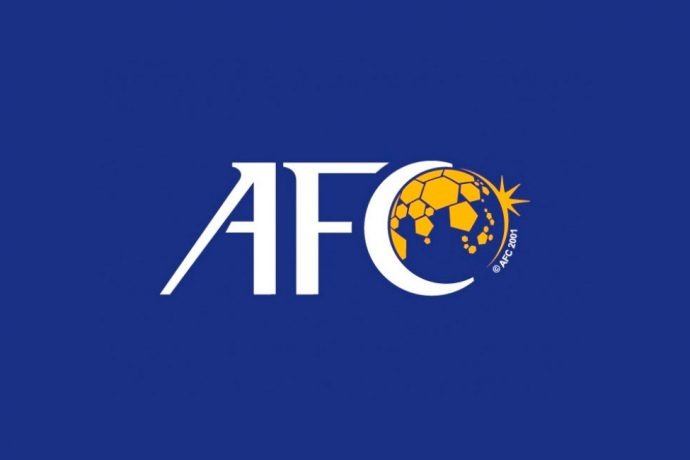Eagerly anticipated reforms designed to elevate AFC’s club competitions to the next level are set to be introduced in the near future.
While addressing the AFC Executive Committee on November 21, 2021, AFC President Shaikh Salman bin Ebrahim Al Khalifa said: “I am pleased to note that the AFC competitions continue to grow. There will be changes to the rules on foreign players, as well as to our competitions calendar. These are all part of the strategy to improve our players, clubs and national teams on the world stage.”
In keeping with the AFC’s Vision of confirming football as the number one sport in the Asian continent, the AFC Champions League has already seen an expansion in the number of participating teams to 40 this year from the previous roster of 32.
The increase ensured a wider spectrum of representation across the Continent, leading to the intense competition witnessed this season – fittingly capped by Al Hilal’s record-breaking fourth win in front of a capacity crowd in Riyadh.
Now, the AFC’s club competitions are poised to start a new chapter in their evolution with an overhaul of the existing Foreign Player rule. The current 3+1 Foreign Player rule under which a club can field a maximum of four international players (three players of any nationality and one from an AFC Member Association) at any given point in time during a match is set to make way for a more augmented combination.
The proposed new combinations – 4+2 or 5+1 or 5+2 – have received wide support from both the AFC Competitions Committee and the AFC Technical Committee, with the decision imminent in early 2022 for implementation from 2023 onwards.
As a first step, the AFC Executive Committee recently approved the recommendation of the AFC Competitions Committee to remove the 3+1 ceiling on the number of Foreign Players allowed for the Preliminary Registration in the 2022 season, paving the way for any number of Foreign Players to be registered based on the domestic league registration rules. Further, the maximum number of players in the Preliminary Registration was increased from 30 to 35.
The 3+1 rule was introduced in 2009 and proved to be a boon for Asian players who received more opportunities of playing for other Asian clubs. But with the Asian game coming into its own in recent years and growing in confidence, the Committees felt the time was opportune to review what is a crucial provision to further enhance the club game.
And, irrespective of the combination finally settled upon, Asian football fans can look forward to a more competitive, balanced, and captivating club calendar.
Another reform set to shake up the AFC’s club competitions is the widely anticipated transition of the playing season from the current spring-autumn to the more established autumn-spring calendar.
The AFC Champions League was launched in 2002 and the inaugural season kicked off in August 2002 with its scheduled completion by May 2003. However, the outbreak of SARS in Asia forced a postponement in the season until October 2003.
Following this setback, the competition was relaunched in 2004 and the calendar was changed to February-December 2004, while the AFC Cup in 2004 took place from February to November 2004, leading to an adoption of the spring-autumn season by the AFC.
However, the original idea of an autumn-spring calendar continued to slowly advance, with periodic reviews for a switch undertaken by the AFC upon requests from its Member Associations. Now, following a comprehensive feasibility study underpinned by deep collaboration with the Member Associations, the reconstruct of the playing season and optimisation of the calendar in Asia will also be part of the initiatives that are to be formalised in early 2022 for a roll-out in 2023.
The transformation of the AFC Champions League over the years has led to an acceleration in its stature as one of the leading club competitions around the world with an established brand equity.
The Continent’s premier club competition boasts an ever-increasing core of supporters at the heart of its continuing success, leading to high visibility and optimisation of commercial opportunities.
Several benefits emanating from a calendar change to autumn-spring have been identified by the feasibility study, including a better synchronisation of transfer windows and improved chances for Asian clubs to sign better players and coaches with respect to worldwide leagues’ seasons, a more even distribution of club matches over the year to maintain a balance with National Team matches, and exposure for AFC Champions League and AFC Cup matches in terms of TV audiences and media interest with respect to the calendar structures of UEFA club competitions and European leagues.
(AFC)






Follow me on Social Media